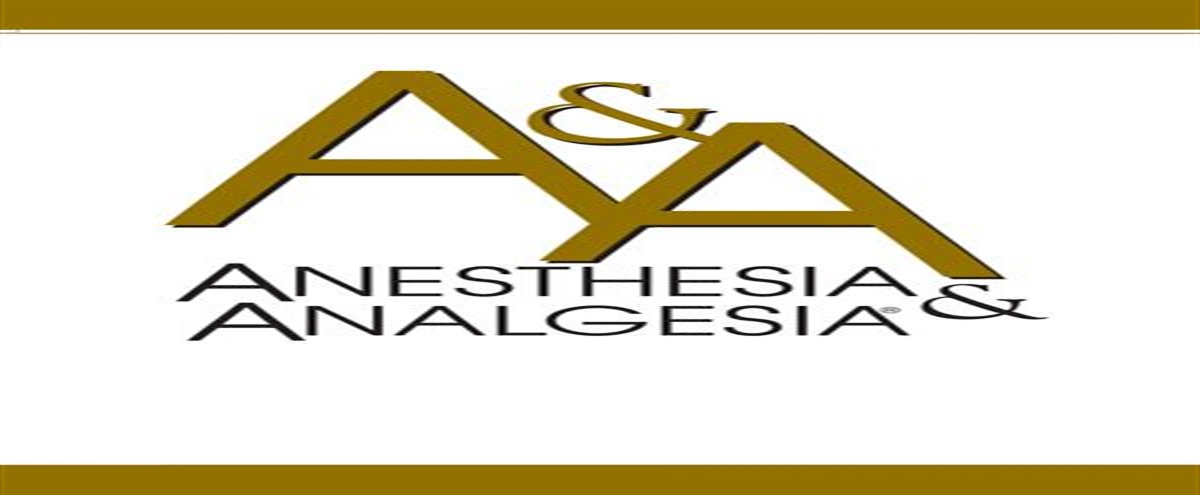- Joined
- Dec 21, 2008
- Messages
- 1,696
- Reaction score
- 863
- Points
- 5,026
- Attending Physician
"Are you incapable of reading more than a few sentences? Do you have a learning disability? Let me keep my responses to you short as it seems you are unable to coherently synthesize information."
I believe this is really where this conversation ends. I sincerely hope you nor your colleagues do not talk to anyone like this in the real world, and certainly not your patients.
and @schmoob the fact that a 2nd year dental student recognizes that and you don't is also embarrassing to our profession
I'm not an anesthesiologist. I do, however, recognize the value of staying within my own lane.



